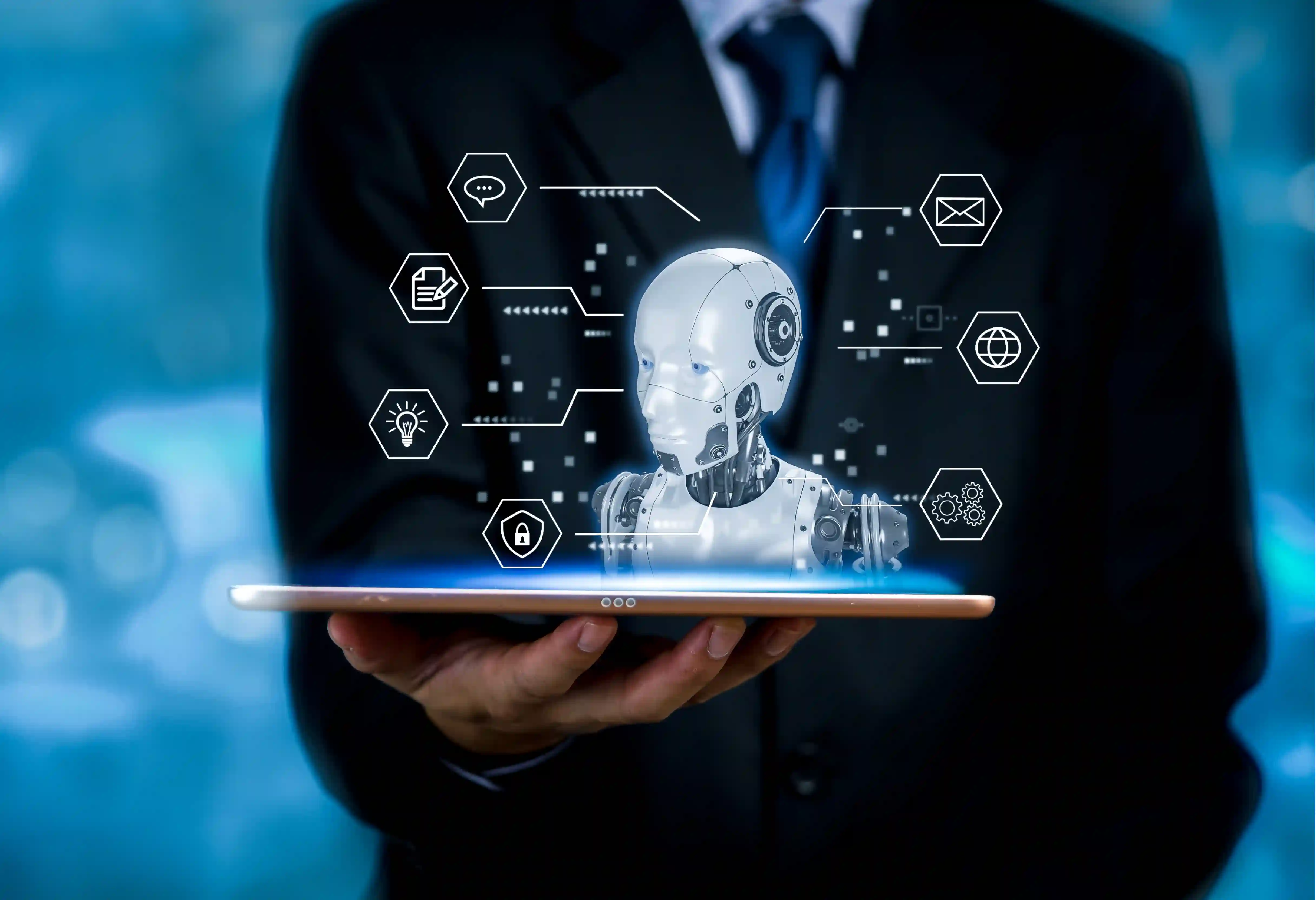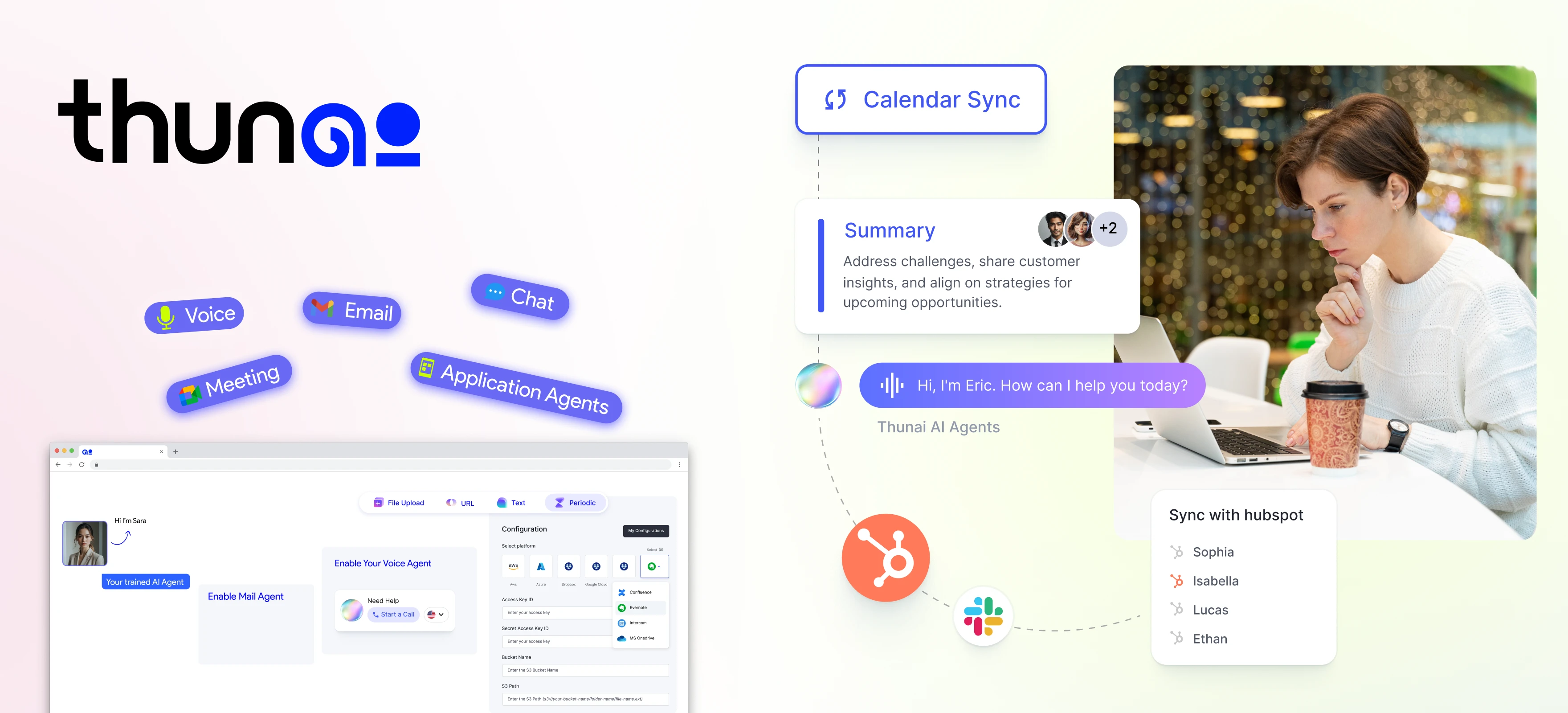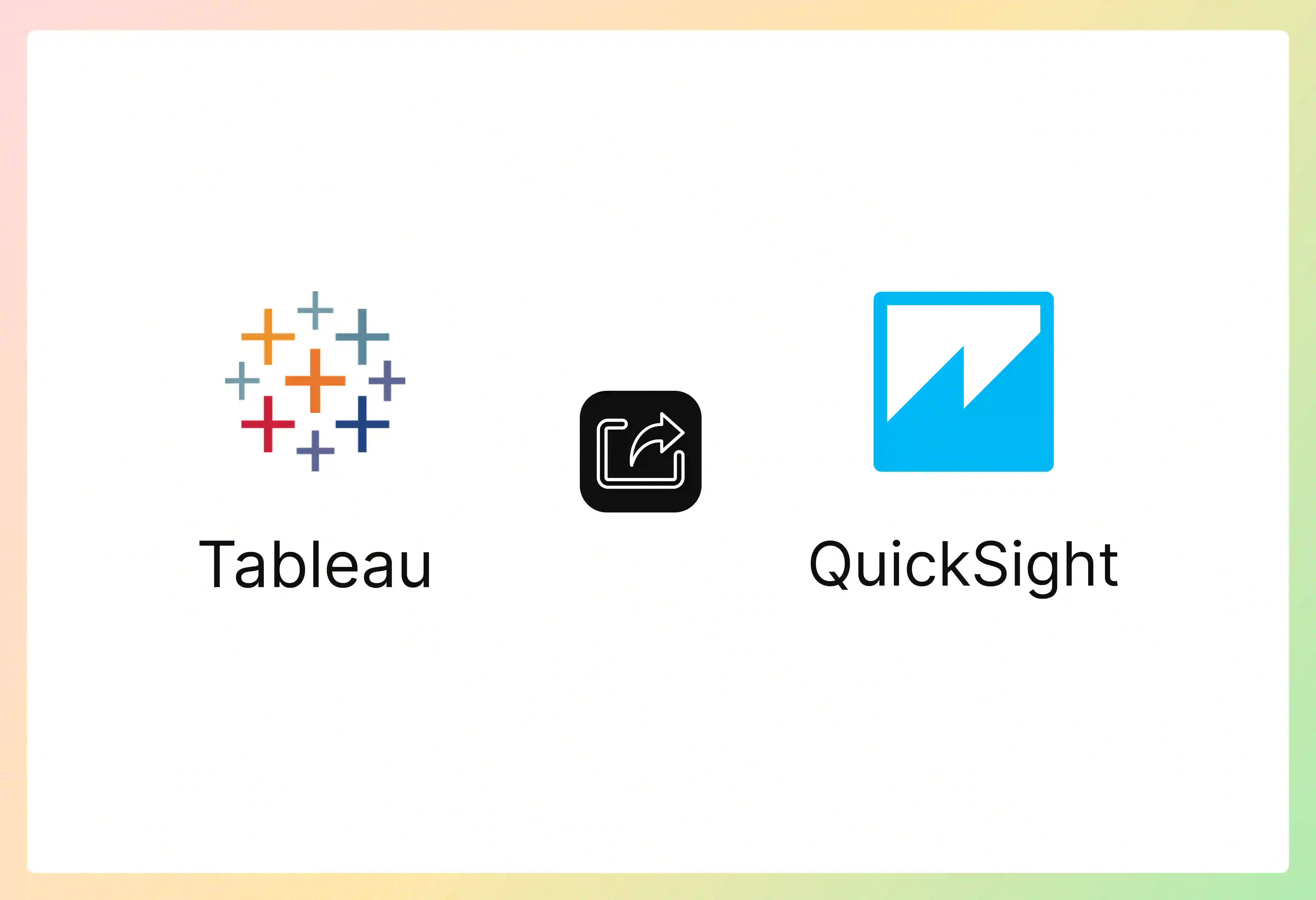


Are your projects constantly held up by manual coordination? Specifically, between your marketing, sales, and operations teams?
Quite often, this leads to missed deadlines. It can also bring about chaotic strategies that undermine revenue goals.
To help with this, Entrans has agentic AI services to sort out these workflows.
For instance, these services can autonomously line up messaging. They can also keep track of cross-departmental tasks. On top of that, they free up resource availability, leading to synchronized and highly effective workflows.
Does that sound promising? Let's break down how Entrans goes about developing agentic AI services and what you need to know.
Essentially, agentic AI services are AI programs that can actively carry out tasks for you.
You give the AI a goal. Then, it works independently to see it through. Companies that supply agentic AI services design AI that can come up with plans. This AI agents can also make its own decisions and can use tools to finish the job based on your business use case. Ultimately, this saves you time and money.
You can think of Agentic AI as a functional assistant. Instead of just answering a question, it can carry out a multi-step task. For example, it could plan and book an entire vacation on its own.
For businesses, agentic AI development services let you build your own proprietary AI. This AI is functional and helpful in automating a variety of tasks and processes.
First, Entrans works directly with your teams. We team up to design, build, and deploy custom AI agents. These agents are built specifically for your operational needs.
This agentic AI development service is all about creating a specialized AI workforce. This workforce can then autonomously carry out complex, multi-step tasks that are unique to your business. As a result, businesses benefit by automating niche workflows and bumping up efficiency. They also gain a unique competitive edge that generic solutions cannot supply.
Next, Entrans develops and deploys AI agents. These agents are fine-tuned to get a handle on your company's specific document formats. These formats can range from simple invoices to complex reports.
Moreover, these agentic AI development services automate the extraction, validation, and inputting of important data. They link up documents to your enterprise systems, such as SAP or Salesforce. For businesses, this helps to weed out costly manual data entry errors. It also speeds up document-dependent workflows and improves overall data accuracy.
Entrans also puts into effect a secure RAG framework. This setup allows its AI agents to check back with your private, internal knowledge bases before generating any response.
This is a specialized agentic AI consulting service. It grounds the AI in your company's own verified data. In turn, this makes certain all outputs are factually accurate and context-aware. This allows businesses to roll out trustworthy chatbots and internal search tools. These tools give reliable answers based on proprietary information. Consequently, this removes the risk of AI hallucinations.
In addition, Entrans gives an ongoing partnership service. It actively looks after and updates your AI agents long after their initial deployment. These agentic development AI services are involved with continuously training the agents on new data. They also brush up on their skills to adapt to evolving business processes and goals.
For a business, this makes certain the AI investment stays effective and compliant over its entire lifecycle. Best of all, this happens without the need for a dedicated internal AI maintenance team.
Finally, Entrans uses agentic AI development services to build analytics platforms. These platforms constantly keep tabs on the performance of your AI agents. They measure them against key business metrics, which include speed, cost, and accuracy.
Using agentic ai service here works to pinpoint and clear away inefficiencies. The goal is to make certain your AI workforce is operating at peak performance and minimal cost. For this reason, businesses gain clear visibility into their AI's return on investment. This makes certain resources are optimized and operational costs are consistently driven down.

We marked a significant milestone at Entrans Technologies when we launched Thunai. Thunai is a powerful, enterprise-grade Agentic Orchestration platform.
The Entrans team showed off remarkable technical skill and an agile development process. As a result, they were able to bring Thunai from an initial concept to a market-ready solution. This was all done in an impressive five-month timeframe. This accelerated launch points to our ability to carry out complex AI solutions with exceptional speed and precision.
Thunai is engineered to fundamentally change sales, support, and marketing operations. It does this by supplying a unified platform for AI-driven tasks. Therefore, it improves complex workflows and boosts productivity through its sophisticated, multi-faceted functionality.
At Entrans, we do not just talk about Agentic AI Services, we get on with building it.
In fact, our AI development teams create the custom, autonomous agents that can fix up your most complex operations. They also drive revenue and deliver a clear return on investment.
Not to mention we already have a profitable AI agent - Thunai. Which we built from scratch with GTM timeline of under 6 months!
So, stop searching for individual engineers. Instead, you should partner with a team that builds complete, enterprise-grade AI solutions from concept to launch.
Do you want to build up your intelligent workforce? Then book a call today for a strategic consultation.
To really get a handle on the powerful effect of Agentic AI, it is important to look under the hood.
This process is often called an agentic loop. It allows these systems to operate with purpose and intelligence, even in dynamic environments. The top platforms and services in this space build out their functions around this foundational framework.
The C-suite and technology leaders are taking notice of Agentic AI for one simple reason: the return on investment is remarkably high. The benefits of Agentic AI Services go far beyond small improvements. In fact, they present a complete change in operational efficiency and strategic capability.
Agentic AI is changing operations across many industries. It does this by automating complex, end-to-end processes. These autonomous systems go beyond simple task execution. They independently plan and act, which drives significant value.
Agentic AI is a type of artificial intelligence. It is designed to autonomously take action and carry out tasks. It goes beyond just processing information or generating content. For instance, it creates plans and executes multi-step workflows to achieve a specific goal. In short, its purpose is to automate complex processes with minimal human supervision.
Yes, Agentic AI does exist. It is being actively used in the business world today. You can see it most prominently in enterprise software that automates workflows. This includes areas like IT support, customer service, and supply chain management. While the technology is still growing up, these systems already show off the main ability to plan, decide, and act autonomously.
Agentic AI is in very high demand. This is because companies are looking for the next level of automation and efficiency. Businesses are eager to take on these systems to lower operational costs, speed up processes, and gain a significant competitive advantage. As a result, this strong demand is driving rapid innovation and investment all across the AI industry.
Major technology firms like Microsoft, ServiceNow, and IBM are building agentic capabilities into their enterprise platforms. Leading businesses in finance, logistics, and retail are also rolling out these systems to improve their operations.
Yes, Tesla's Full Self-Driving system is a prime example of Agentic AI. It is applied to the physical world. The system perceives the driving environment and makes complex decisions in real-time. It then carries out physical actions to navigate to a destination. This shows off the main agentic principles of autonomous, goal-oriented action.
No, ChatGPT on its own is a Generative AI model, not an agentic one. It is designed to come up with responses to prompts. However, it cannot independently take actions or use external tools. On the other hand, it can function as the reasoning component within a larger Agentic AI system. That system then carries out the plans ChatGPT helps to formulate.
Yes, you can invest in the growth of Agentic AI. One way is by buying up stock in publicly traded companies heavily involved in the space, like Microsoft, Alphabet (Google), and IBM. Another route is to put money into venture capital funds or ETFs. Specifically, those that are directed at artificial intelligence and emerging technology startups.
The next major frontier after Agentic AI is widely considered to be Artificial General Intelligence (AGI). AGI points to a future form of AI. This AI would have the ability to understand, learn, and apply knowledge across a wide range of tasks, all at a human level. Looking beyond that, theoretical concepts point towards Artificial Superintelligence (ASI). This would surpass human intellect in every single way.






